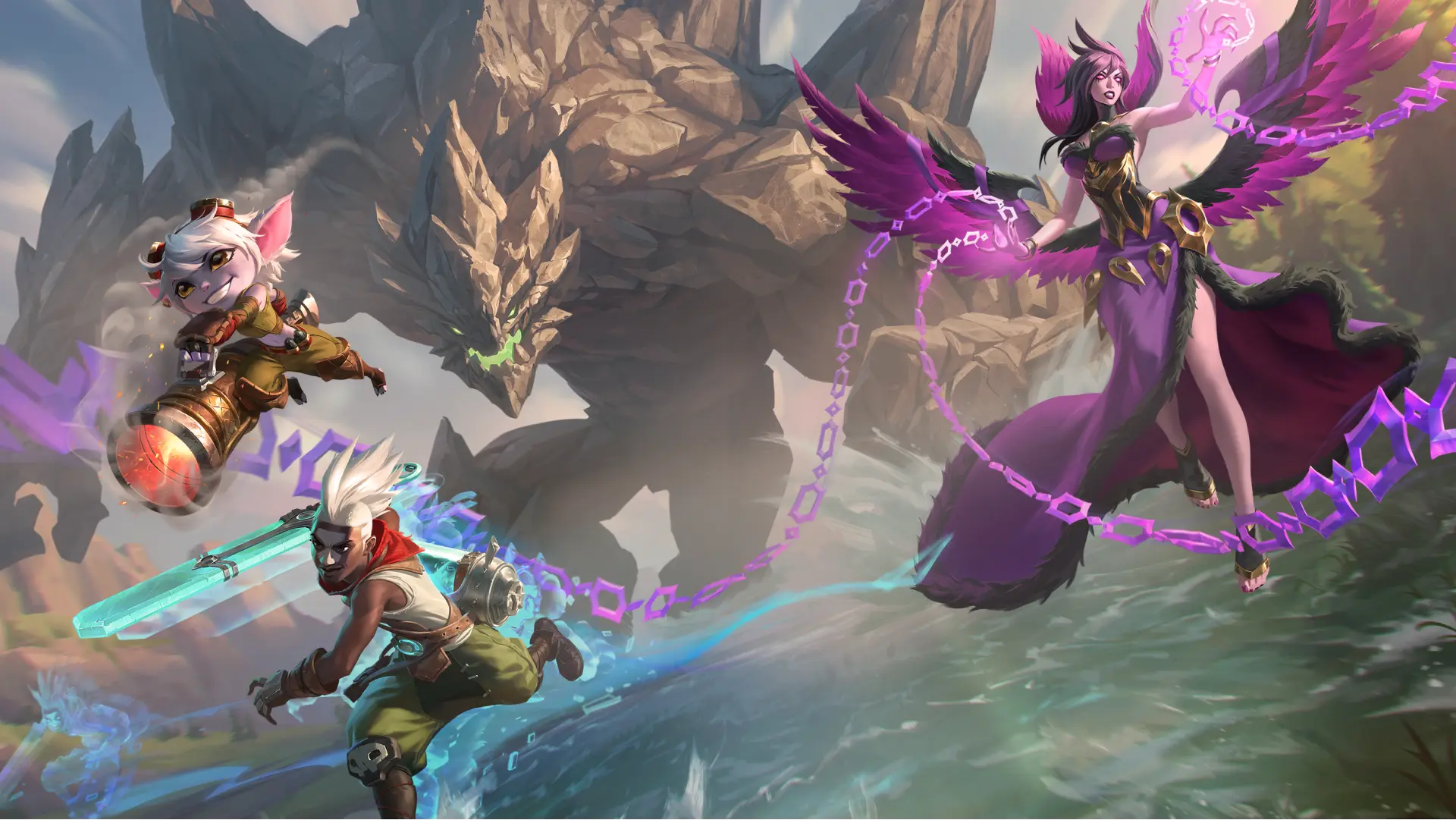The rank system in games is an essential component that influences player experience and competitive integrity. In titles such as CS:GO and Valorant, the rank system is designed to categorize players based on their skill levels, which can impact matchmaking and overall enjoyment. This article will delve into the intricacies of these systems, providing an analysis of how they function, the algorithms behind them, and their effects on gameplay.
What is the Rank System in Games?
The rank system is a structured method used by many multiplayer games to evaluate players' skills and performance consistently. This system not only helps in matching players of similar abilities but also maintains competitive fairness within the community. Players progress through a series of ranks, earning rewards and recognition as they improve their skills.
Key Components of Rank Systems
Several critical components define how rank systems operate in games:
- Skill Rating (SR): A numerical value that reflects a player's skill level. It typically changes based on performance in matches.
- Matchmaking Rating (MMR): Similar to SR, this rating ensures players are paired with others of equivalent skill.
- Rank Tiers: Different levels within the rank system (e.g., Bronze, Silver, Gold) that show a player's standing.
- Decay: Some systems implement rank decay for inactive players, resetting their rank after extended periods of no play.
How the Rank System Works in CS:GO
In **Counter-Strike: Global Offensive (CS:GO)**, the rank system is primarily driven by the Matchmaking Rating (MMR). Players start at Silver I and can progress all the way to Global Elite. Here’s a closer look at how it operates:
- Winning and Losing: Players earn or lose MMR points based on the outcome of the matches. Winning a game against higher-ranked players grants more points than defeating lower-ranked opponents.
- K/D Ratio: Individual performance matters; a higher kill/death ratio can contribute positively to a player's rank progression status.
- Consistency: Regular performance influences rank increases. Players who consistently perform well are rewarded with a faster ascent.
This system emphasizes teamwork, skill development, and adaptability, ensuring engaging competitive gameplay.
Valorant's Rank System Mechanics
Valorant employs a similar approach with its own unique twist. The rank system consists of several tiers ranging from Iron to Radiant. Here’s how the system is structured:
- Ranked Matches: Players must play a set number of placement matches to establish an initial rank.
- Performance-Based Ranking: Valorant places significant weight on wins, losses, and personal performance metrics, ensuring that players are rewarded for their skill level.
- Ranked Deflation: Players may experience a decline in rank if they have a prolonged losing streak.
The emphasis here is not just on winning but also on how well players contribute to their team through kills, assists, and strategy.
The Importance of Rank Systems in Competitive Gaming
Rank systems play a vital role in competitive gaming for several reasons:
- Balanced Matchmaking: By grouping similar skill levels, rank systems ensure fair competition, which enhances the overall experience.
- Incentives for Improvement: Players are driven to improve to reach higher ranks, fostering a culture of skill development within the community.
- Community Recognition: Earning higher ranks brings prestige and recognition, motivating players to dedicate time and effort.
Impact of Rank Systems on Player Experience
The player experience is significantly shaped by the characteristics of rank systems. Here are some ways these systems impact gameplay:
- Motivation: Players are motivated to work towards improving their rank, which encourages skill enhancement.
- Frustration: On the flip side, if the matchmaking is imbalanced, it can lead to frustration among players.
- Community Engagement: A well-structured rank system promotes a healthy competition, allowing players to engage with each other positively.
An effective rank system is crucial in providing players with a rewarding and engaging gaming experience.
Conclusion: The Future of Rank Systems in Games
As the gaming industry continues to evolve, so too will the rank systems in games. Developers are consistently looking to enhance these systems to provide a fair, enjoyable, and competitive environment. As players demand more from their games, understanding how these systems work will help gamers navigate their gaming worlds with a clearer perspective.
In summary, comprehending the intricate workings of rank systems such as those in **CS:GO** and **Valorant** is essential for players aiming to enhance their competitive experiences. With this knowledge, one can approach games with strategies aiming for success. Whether you’re a seasoned player or new to the competitive scene, being aware of the rank system will undoubtedly enhance your gameplay.




.webp)

